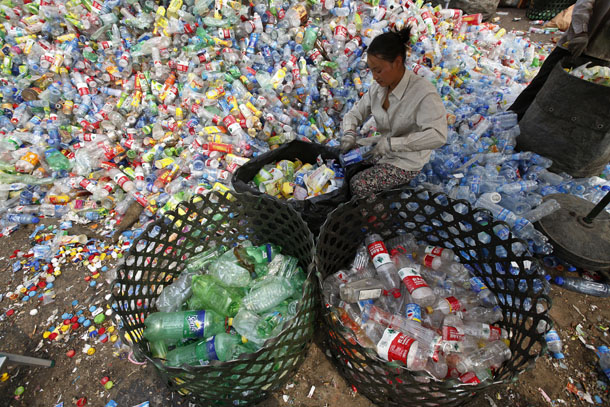Parliament has approved a Polish-funded waste-to-energy project for a Yangon landfill. The EUR 50 million project will convert 1000 tons of daily waste (around 60 percent of Yangon’s total daily household waste) into fuels and chemicals for use in factories and industrial sites. These include CO2, compressed natural gas, refuse-derived fuel (RDF) and compost fertilizer made from the garbage in the Hteinpin landfill in Hlaingtharyar township, which is one of Yangon’s main industrial areas. A low-interest development loan from Poland will fund the project, which is scheduled for completion in 2022. The repayment period will be 62 years with an interest rate of 0.1 percent a year.
Yangon has a long history of making the most of its trash. Although the city waste services are chronically under resourced, Yangon has massive grey-market waste removal and private recycling industries that scour the city’s household waste for anything remotely recyclable. A 2016 Frontier Myanmar report claimed that as much as 50 percent of Yangon’s solid waste is recycled, broken down into raw materials and sold to factories or exported to Thailand and China.
The new waste-to-energy project would continue this trend in the public sector. “Yearly revenue from products like CNG, carbon dioxide, RDF, and compost is projected to be at least K 1.75 billion or about € 950,000, so repayment of the loan will come from the income generated by the project,” the Myanmar Times quoted Planning, Finance and Industry deputy minister U Maung Maung Win as saying.


